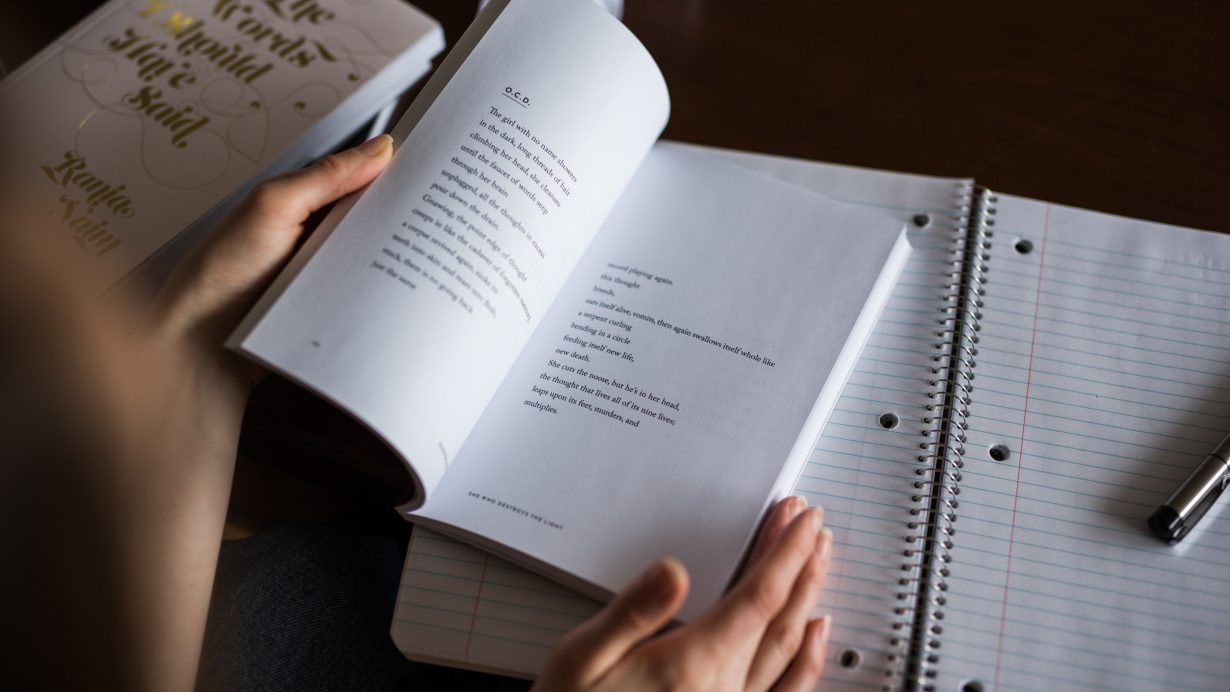Exams can be stressful. Check out the following 10 top study tips to succeed in exams to absolutely ace them!
Goal setting –
Something that can help with motivation is to set defined goals. Make short term goals and long term goals to drive you towards success in your final exams. Set shorter-term goals based on smaller assessments and modules. It is easy to maintain a journal like this one for your goal setting.
Determination –
The make or break factor. Determination isn’t just about working hard, it’s a mentality. It’s about looking forward, tackling difficulties head, and after setbacks, telling yourself not that you could have done better, but that you can and you will do better.
Preparation and Organisation –
Preparation means making sure you are ready for anything that will come your way. Do al the past papers you can – it’s is imperative, as they provide an understanding of the questions that assess particular parts of the syllabus. Fight the temptation of procrastination and attempt to plan an effective study timetable around your extracurricular activities. You may use a High-Performance Planer like this one.
Time Management –
What can help with achieving goals is good time management. It’s important to have a method, and for many people, detailed schedules and lists are very helpful.
Work Hard –
To achieve your goals hard work is very important. Hard work needs to focus on the right areas. There is no substitute for this. This is one of the most important tips of 10 top study tips to succeed in exams.
Write Your Own Notes –
It is important to write your own syllabus-focused notes. Writing out concepts in your own words helps you to understand them better and helps you remember them more easily. The brain is able to more effectively absorb information if notes are hand-written.
Consistency –
Perform consistently and study hard throughout the year instead of waiting until the last moment. This is the most important tip of 10 top study tips to succeed in exams.
Exercising and sleeping –
Exercising and sleeping are two of the most important contributors to success. Sleep is especially important the night before an exam. With exercise, you can boost your energy level.
Resilience –
Part of resilience is being able to manage stress. Seek help from family, teachers and friends. A good support network to help you cope with the psychological strains that can arise from such a stressful period.
Motivation –
Keep your motivation going. Avoid distractions. Keep social media and phone calls away while studying.
You can succeed every exam and come out with flying colours following these 10 top study tips to succeed in exams.

Below is a copy of a speech (with permission) given by a high achieving who topped the state in their High School Examinations.
First of all, I’d like to encourage all of you with the fact that EVERYONE has the potential to do well and achieve their goal. Everyone has the potential, but it depends on how much they want to achieve their goal and how determined they are to work towards it. The difference between a good result and a great result is self-belief and determination.
A student who believes they can do well in the exams has already won half the battle. In addition, I think anybody who has been through the exams will affirm my belief that there is no substitute for hard work if you want to achieve success in the exams. However, hard work needs to focus on the right areas in order for a student to do well.
-
English
With English being perhaps my greatest strength throughout my senior years, I want to briefly provide some guidelines to follow when studying for English. Because the English courses are designed around various modules, it is important to go through and understand the requirements for each module. This gives students a general understanding as to what to look for and pay attention to when reading or watching their texts for English. I can’t stress enough the importance of knowing your English texts inside-out. The best way to do this is to go through them early and often. During my holidays, I read the text that would be assessed next, and then read it again during the term, leading up to the assessment. While reading, I would have the module’s requirements in mind, taking note of any important quotations or scenes. I built up a bank of notes that came in handy when writing practice essays. For each text, I also went through the notes my teachers gave me and highlighted any important points.
-
Science
For the sciences, it is important to write your own syllabus-focused notes. Writing out concepts in your own words helps you to understand them better and helps you remember them more easily. Personally, I read a couple of weeks ahead in the textbook and made some brief notes, while adding further notes when topics were covered in class. I found that this helped me refine and consolidate my knowledge very effectively. One important tip is to absorb every detail you learn in class and also in the textbook. This information helps lay the foundation and explain the reasons behind phenomena taught in the course. Paying attention to these details will not only help you understand the content better, but will also complement answers in exams. A few explanatory details or examples can transform a great answer into an outstanding one. Perhaps most the most important thing in studying for the sciences is practising with past papers.
-
Maths
Similarly to the sciences, maths is another subject where practice from past papers is imperative, as they provide an understanding of the questions that assess particular parts of the syllabus. For me personally, time was ALWAYS an issue with maths exams, from junior years until as late as midway through the final year. I completed past papers but gave myself ten to fifteen minutes less time than would usually be allowed. This helped me speed up and taught me how to effectively allocate time to attacking specific questions, and in particular, the art of skipping questions and coming back to them later. I also found that doing exercises from textbooks was the best way for me to master mathematical concepts. The question types were also fairly similar to exam questions so the skills learnt through these exercises could be transferred easily to exams.
-
Organisation
I believe that another non-negotiable to doing well in the exams is organisation. I personally needed to manage time very strictly as I continued with many extracurricular activities throughout my final year. One effective strategy I used was to lock activities in at the same time every week so that I could plan an effective study timetable around my extracurricular activities.
-
Assessments
A student’s study time should be planned with the upcoming assessments in mind. The assessment schedule is released at the start of the year, and students must acquaint themselves with what is required of them for each subject in each assessment block. What I found was the best strategy was to look at what I needed to get done for each subject in each assessment block.
-
Syllabus
I would look at the syllabus for each subject and break topics down into small blocks to complete week by week, and then break down those smaller tasks into small blocks to be completed day by day and planned according to what I perceived I was strong at and not so strong at, and allocated more time to subjects I thought needed more attention.
I formed a study plan this way and wrote them down in a desk planner that my mother also had access to. At the end of each week she would hold me accountable and ensure I had completed my tasks for the week. I found that planning my study like this helped me master topics efficiently and effectively.
-
Support Network
It is also imperative for students to surround themselves with a good support network to help them cope with the psychological strains that can arise from such a stressful year. I feel that it is important for families in particular to share the emotional burdens of the exams. Families need to provide a forum for students to voice any concerns they may have over their workload, along with the normal issues a teenager deals with in everyday life. I would also recommend parents checking on students while they are studying. At least once a day, ensuring that they are progressing well, while helping to rectify issues with any tasks they have set for themselves. It is also important for students to understand the need to lean on their families for support during the tough years.


